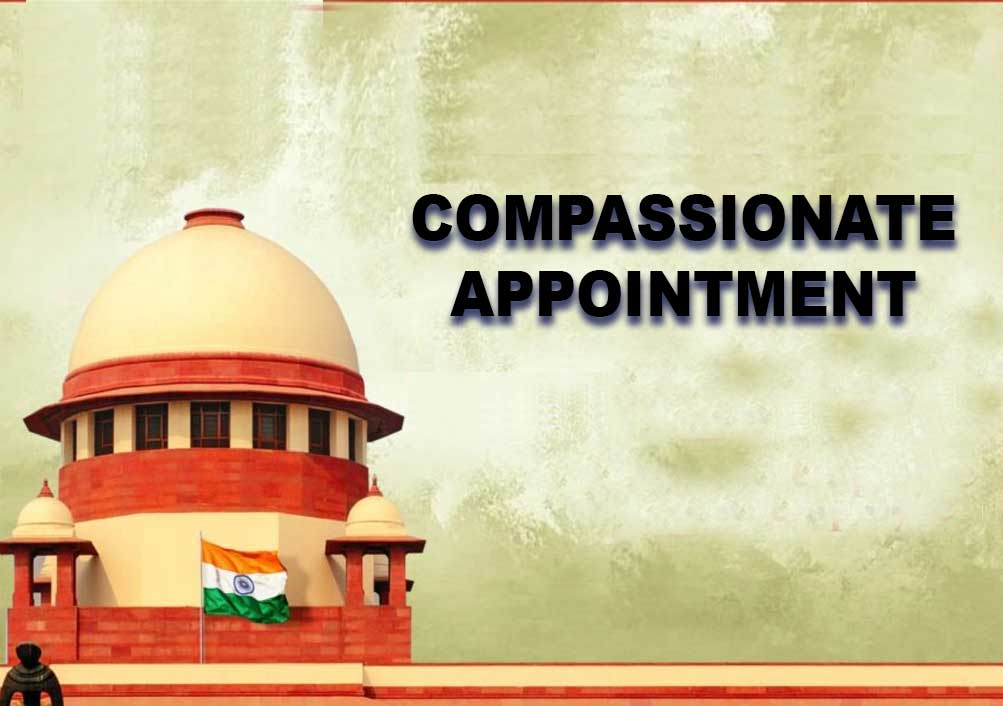In CRIM. REVISION APPL. No. 5 of 1990-BOM HC- Chance witness has to explain under what circumstances he was present at crime scene, rules Bombay HC
Justice S.G. Mehare [16-12-2022]

Read Order: ABDUL RASHEED V. KHALIL PASHA AND ORS
Mansimran Kaur
New Delhi, December 19, 2022: Noting that the accused may impeach the testimony of a chance witness suggesting animosity with them and his presence impossible on the scene of occurrence, the Aurangabad Bench of the Bombay High Court has allowed the revision application of the complainant against the judgment of acquittal passed by the Additional Sessions Judge.
A Single-Judge Bench of Justice S.G. Mehare mentioned that a chance witness is one who happens to be at the place of occurrence of an offence by chance and not as a matter of course while observing, “For example, if a person leaves home daily for his job in the morning, returns in the evening, suddenly come back home to collect the office key and notices an offence, he may also be a Chance witness. The chance witness has to explain under what circumstances he was present at the scene of the crime.”
The facts of the case were such that the accused persons had beaten the complainant’s son (deceased) with kicks and blows. Second accused held the deceased from behind and the fourth accused beat the deceased on his chest and left arm with the iron punch. The eyewitness witnessed the blood oozing from his chest and arm.
After the assault, the accused fled to a labour colony. The deceased ran towards the Fire brigade station and fell into the mud. The third prosecution witness, the eyewitness, intimated the incident to the family of the deceased. Then in a short time, the tenth prosecution witness- brother of the deceased, reached the spot of the incident and the third as well as the fourth prosecution witnesses were present there. They picked up the deceased and took him to the Government Hospital.
The father of the deceased-fifth witness, went to the hospital. The deceased narrated the incident to him and he died on the same day. The fifth prosecution witness lodged the report to the police station.
The Police registered the crime against the accused and put the wheel of the investigation into motion. After completing the investigation, the Investigation Officer submitted the investigation completion report under section 173 of Cr.P.C. against the accused.
Being aggrieved by the Judgment of acquittal passed by the Additional Sessions Judge, for the offences punishable under Sections 147, 148, 302 read with 34 of the Indian Penal Code, the complainant preferred this revision under Section 401 of the Criminal Procedure Code.
After considering the submissions, the Court noted that the prosecution case was two-fold, firstly it rested upon the ocular evidence and, secondly, the oral statement of the deceased as to the cause of his death to his father and brother.
In this case, the incident happened in the street. It was a free access road surrounded by some shops and a residential locality. No one had a restriction to walk on that street. It may not be possible for every passerby to know every person walking on the road, the Bench noticed.
If such a test for corroborating the presence of the witness is applied, the prosecution would have to keep examining witnesses one after the other, and the examination of witnesses would never end. In such a situation, it would be inappropriate to expect evidence from the other passersby to corroborate the presence of the eyewitnesses on the scene of occurrence, the Court noted.
If the other persons were present there, they would have been the ocular witnesses. Hence, the Court was of the opinion that the reason for discarding the evidence of these witnesses that there was no evidence of other witnesses that they saw these witnesses present on the scene of occurrence, appeared incorrect.
“Evaluating the evidence on record is a rule of appreciation of evidence. The Court cannot travel beyond the record. Therefore, the Court cannot search for evidence that was not on the record. The Court has to decide the matter on the basis of evidence the prosecution has adduced before it and conclude whether the guilt of the accused is proved beyond a reasonable doubt” , the Court further remarked.
The reasons to discard the evidence of ocular evidence for the reason that they are deposing stereotypes also appear incorrect. Since they had witnessed the same incident, they would narrate the same story. On the contrary, their evidence must be considered consistent. Such consistent evidence is the requirement of the law to inspire confidence in the witnesses.
Since this Court believed the presence of the ocular witnesses on the spot of the incident, the Sessions Judge would have to appreciate the evidence of weapon recovery under section 27 of the Indian Evidence Act and other corroborative evidence afresh. Whether the evidence of the ocular witnesses stands on the test of reliability, probability, and possibility, be appreciated afresh in the circumstances of believing the presence of the ocular witnesses on the spot of the incident, the Court further noted.
“ If the evidence of the ocular witness inspires confidence, whether corroboration is required or not is also a matter of appreciation of the evidence. The approach of the additional sessions judge, appreciating the evidence, appears contrary to the rule of appreciation of the evidence”, the Court stated.
In view of the material on oral dying declarations, it appeared that the Sessions Judge had correctly assigned the reasons to disbelieve the oral dying declarations. The Court concluded that the approach of the impugned Judgment and order was erroneous, incorrect, and improper resulting in a miscarriage of justice. Thus, the revision application was allowed.
Sign up for our weekly newsletter to stay up to date on our product, events featured blog, special offer and all of the exciting things that take place here at Legitquest.




Add a Comment